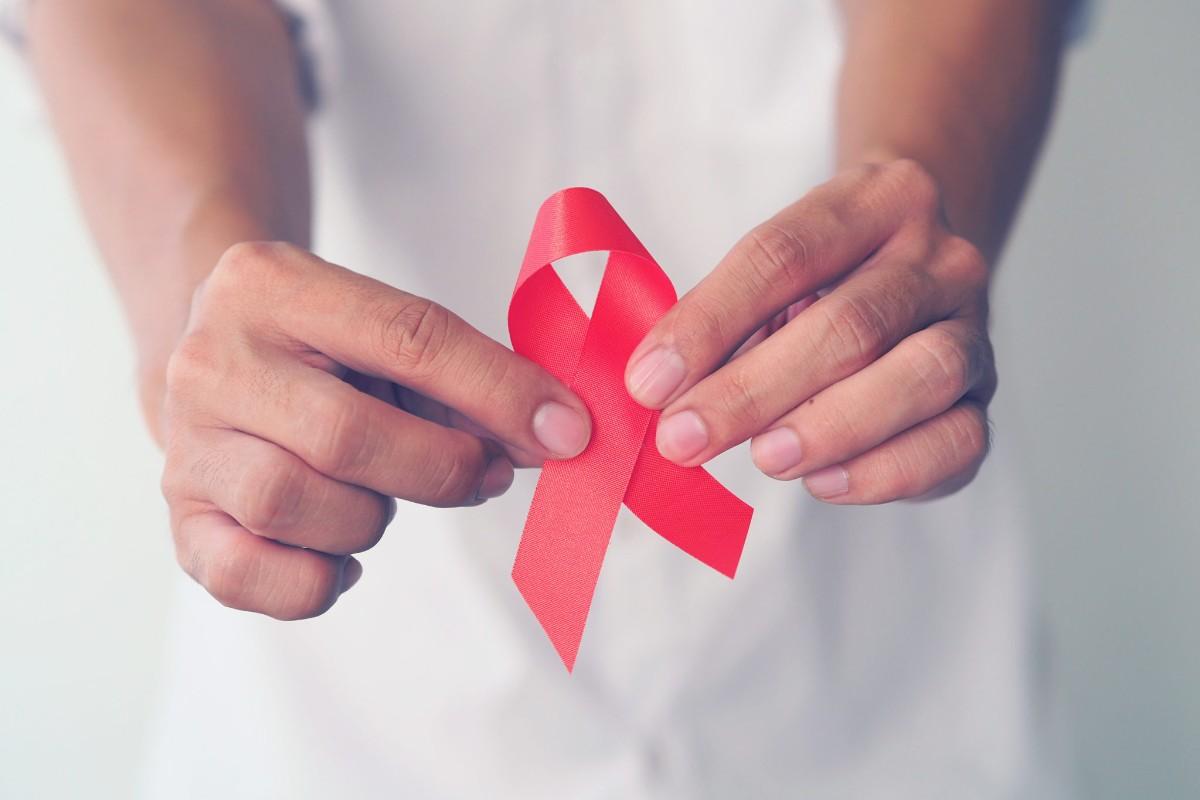
HIV & AIDS
HIV (human immunodeficiency virus) is a virus that damages the cells in your immune system and weakens your ability to fight everyday infections and disease.
AIDS (acquired immune deficiency syndrome) describes potentially life-threatening infections and illnesses occurring when your immune system has been severely damaged by the HIV virus.
While AIDS cannot be transmitted from one person to another, HIV can.
There's currently no cure for HIV, but effective treatments enable most people with the virus to live a long, healthy life.
With early diagnosis and effective treatments, most people with HIV will not develop AIDS-related illnesses and will live a near-normal lifespan.
Symptoms of HIV Infection
- People with a current or previous partner with HIV
- People with a partner from an area with high HIV rates
- People from areas with high HIV rates
- People engaging in chemsex (using drugs to enhance sex)
- Men having unprotected sex with men
- Women having unprotected sex with men who have sex with men
- People who inject drugs and share equipment
- People having unprotected sex with someone who has injected drugs and shared equipment
- People who share sex toys with someone infected with HIV
- People with a history of sexually transmitted infections, hepatitis B or hepatitis C
- People with multiple sexual partners
- People who have been raped
- People who have received blood transfusions or transplants in countries with limited HIV screening
- Healthcare workers at risk of needle-stick injuries (risk is extremely low)
- Babies born to parents with untreated HIV
Causes of HIV Infection
HIV is found in the body fluids of an infected person, including semen, vaginal and anal fluids, blood, and breast milk. It’s a fragile virus that does not survive outside the body for long. HIV cannot be transmitted through sweat, urine, or saliva.
The most common way of contracting HIV in the UK is through anal or vaginal sex without a condom. Other transmission methods include:
- Sharing needles, syringes, or other injecting equipment
- Mother-to-baby transmission during pregnancy, birth, or breastfeeding
The risk of contracting HIV through oral sex is very low, and depends on various factors, such as whether you receive or give oral sex and the oral hygiene of the person giving it.
Treatment for HIV
Antiretroviral medicines are used to treat HIV by stopping the virus from replicating in the body, which allows the immune system to repair itself and prevents further damage. These medicines are in tablet form and need to be taken daily.
While HIV can develop resistance to a single medicine, taking a combination of medicines makes this much less likely. Most people with HIV take a combination of medicines daily, as recommended by their doctor.
The goal of HIV treatment is to reach an undetectable viral load, meaning the level of HIV in the body is too low to be detected by standard tests.